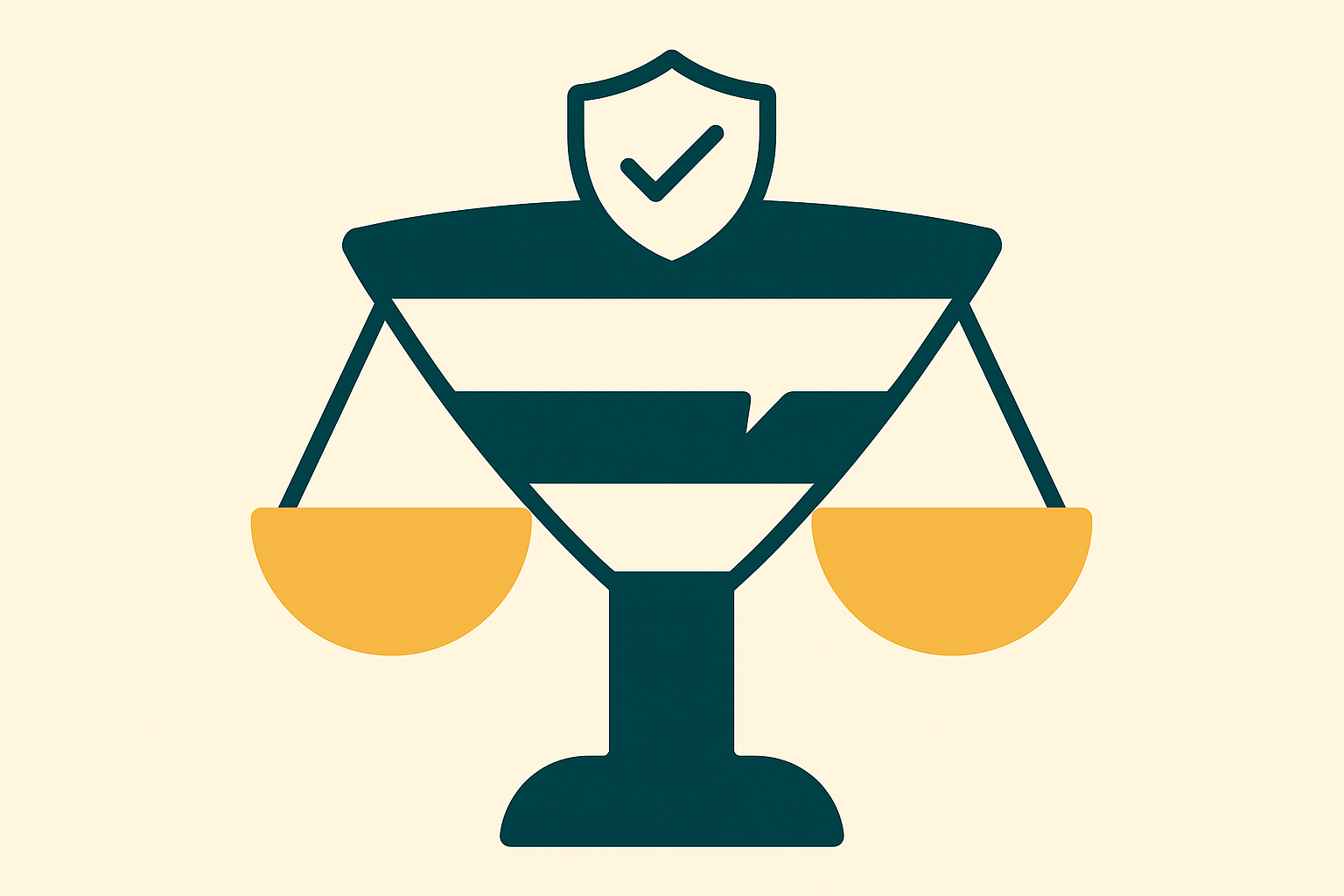Avoid These 5 Common Compliance Mistakes in Hospice Marketing
Hospice marketing walks a fine line. You want to educate, inspire trust, and support families during a difficult time — but you also have to stay...
2 min read
Mike Theodore Apr 3, 2025 6:20:03 PM
Marketing in home health isn’t like marketing in other industries. There are real stakes, both ethically and legally. For agencies that bill Medicare, your marketing strategy must comply with strict regulations set by the Centers for Medicare & Medicaid Services (CMS) and the Office of Inspector General (OIG).
That doesn’t mean you can’t grow. It just means you have to grow strategically, responsibly, and with a deep understanding of the rules.
The biggest compliance concerns in home health marketing revolve around:
The Anti-Kickback Statute (AKS)
The Stark Law
CMS Conditions of Participation
The Anti-Kickback Statute prohibits offering anything of value to induce referrals for services covered by a federal program. The Stark Law prohibits physician self-referrals. And CMS sets clear expectations around documentation, patient choice, and how care is presented.
In other words: marketing tactics that work in retail or other healthcare spaces (like gift cards, referral bonuses, or free services) could land you in serious trouble.
"Free" items, referral incentives, and even certain types of advertising may be considered suspect under OIG guidelines if they could be seen as inducing referrals.
1. Educate, Don’t Entice
Your marketing should focus on education rather than incentives. Provide valuable, factual information about your services, eligibility, and what families can expect from home health care.
Examples:
2. Promote Patient Choice Transparently
CMS requires that patients be given free and fair choice of providers. Your marketing must never imply that a referral must go to your agency. It should reinforce informed, independent choice.
Examples:
3. Be Thoughtful with Referral Sources
Referral relationships are vital — but they must be built on trust and education, not transactions.
You can:
According to OIG guidance, providing free items or benefits to referral sources can be a red flag unless they fall under an approved safe harbor [OIG Special Fraud Alert, 2013].
4. Use Digital Marketing Thoughtfully
Running Google Ads, posting on social media, or optimizing your website is allowed — as long as you avoid deceptive claims, coercive language, or anything that misrepresents your scope of care.
Compliant strategies include:
We work with home health agencies to grow in ways that are strategic, ethical, and fully aligned with CMS and OIG guidance. That means building marketing systems that educate, nurture, and convert — without putting your license at risk.
Your growth shouldn't feel risky. It should feel responsible.

Hospice marketing walks a fine line. You want to educate, inspire trust, and support families during a difficult time — but you also have to stay...

If you work in senior care and rely on Medicare or Medicaid reimbursement, the Anti-Kickback Statute (AKS) isn’t just legal fine print. It’s federal...

From scheduling assistants to content creation tools, AI has officially entered the senior care conversation. For home care agencies, the promise is...